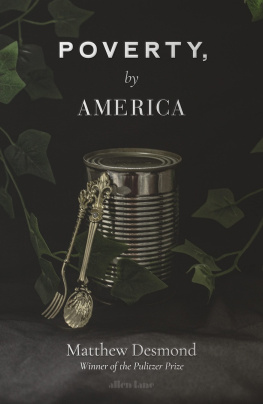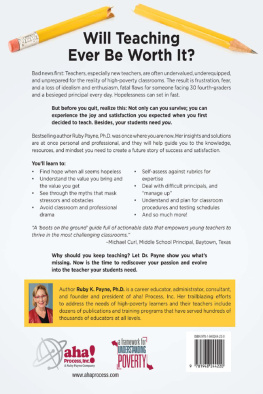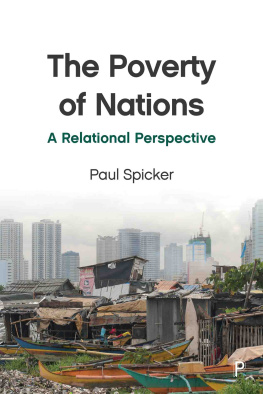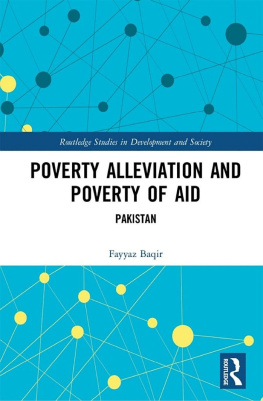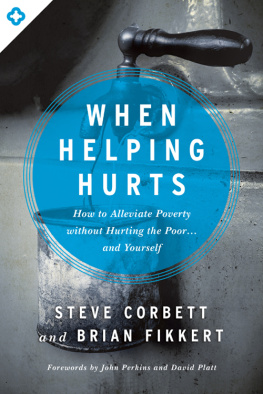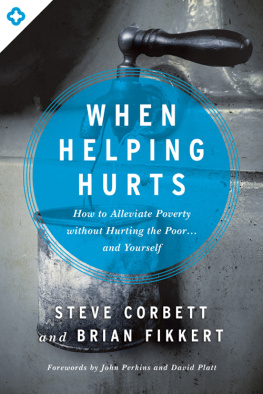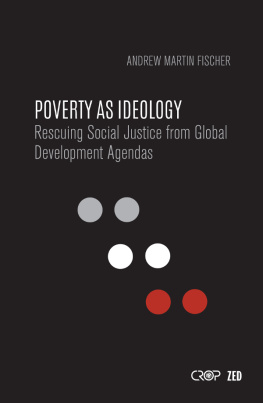BEYOND THE RESOURCES OF POVERTY
Cities and Society Series
Series Editor: Chris Pickvance, Professor of Urban Studies, University of Kent, UK
Cities and Society is a series disseminating high quality new research and scholarship which contribute to a sociological understanding of the city. The series promotes scholarly engagement with contemporary issues such as urban access to public and private services; urban governance; urban conflict and protest; residential segregation and its effects; urban infrastructure; privacy, sociability and lifestyles; the city and space; and the sustainable city.
Beyond the Resources of Poverty
Gecekondu Living in the turkish capital
EBNEM EROLU
University of Essex, UK and University of Kent, UK
First published 2011 by Ashgate Publishing
Published 2016 by Routledge
2 Park Square, Milton Park, Abingdon, Oxon OX14 4RN
711 Third Avenue, New York, NY 10017, USA
Routledge is an imprint of the Taylor & Francis Group, an informa business
Copyright ebnem Erolu 2011
ebnem Erolu has asserted her right under the Copyright, Designs and Patents Act, 1988, to be identified as the author of this work.
All rights reserved. No part of this book may be reprinted or reproduced or utilised in any form or by any electronic, mechanical, or other means, now known or hereafter invented, including photocopying and recording, or in any information storage or retrieval system, without permission in writing from the publishers.
Notice:
Product or corporate names may be trademarks or registered trademarks, and are used only for identification and explanation without intent to infringe.
British Library Cataloguing in Publication Data
Erolu, ebnem.
Beyond the resources of poverty : gecekondu living in the turkish capital. (Cities and society)
1. Squatter settlementsTurkeyAnkara. 2. PoorTurkeyAnkaraAttitudes. 3. IncometurkeyAnkara. 4. HouseholdsEconomic aspectsturkeyAnkara. 5. Ankara (Turkey)Economic conditions21st century. 6. Ankara (Turkey)Social conditions21st century.
I. Title II. Series
339.4609563dc22
Library of Congress Cataloging-in-Publication Data
Erolu, ebnem.
Beyond the resources of poverty : gecekondu living in the Turkish capital / by ebnem Erolu.
p. cm. (Cities and society)
Includes index.
ISBN 978-1-4094-0746-1 (hbk. : alk. paper) ISBN 978-1-3155-6928-4 (ebook)
1. PovertyTurkeyIstanbul. 2. PoorTurkeyIstanbul. 3. SquattersTurkeyIstanbul
IstanbulCase studies. 4. Squatter settlementsturkeyIstanbulCase studies. I. Title.
HC495.P6E76 2011
339.460949618dc22
2011000112
ISBN 9781409407461 (hbk)
ISBN 9781315569284 (ebk)
ISBN 9781317174486 (ebk-ePUB)
List of Figures
List of Tables
Acknowledgements
This book is drawn from research funded by the School of Social Policy, Sociology and Social Research at the University of Kent, Foundation for Urban and Regional Studies and Universities UK. I am grateful for the financial support they provided for my research.
A number of contributors helped me speak about those whose lives and struggles often pass without note. Most of all, I am thankful for the guidance and invaluable feedback generously given by Professor Chris Pickvance who also improved my work through his meticulous editing. His ever-present support saw this book safely through to completion.
I also owe thanks to my family members; to my husband Jeremy Hawksworth for his extensive proof-reading and above all, for his patience and moral support; to my father smail Erolu for giving his time and expertise during lengthy discussions on the broader economic climate in Turkey, to my mother Deniz Erolu for helping to gather material in Turkish and to my sister idem Erolu who assisted with photography.
There are many others to whom I am greatly indebted but who cannot be named for reasons of anonymity. These are the people of the gecekondu who allowed my entry into their lives with great hospitality, humour and openness. Without them, this research would not have been possible. Special thanks go to my generous host nci whose hospitality provided the foundation from which trust could be built with other dwellers in the settlement.
With the permission of the publisher, this book reuses material from the following articles already published by myself: Informal finance and the urban poor: an investigation of rotating savings and credit associations in Turkey, Journal of Social Policy, 2010, 39(3), 461-81. The irrelevance of social capital in explaining deprivation: a case study of Turkish gecekondu households, Tijdschrift voor Economische en Sociale Geografie, 2010, 101(1), 37-54. Patterns of income allocation among poor gecekondu households in Turkey: overt mechanisms and womens secret kitties, The Sociological Review, 2009, 57(1), 5880. Developing an index of deprivation which integrates objective and subjective dimensions: extending the work of Townsend, Mack and Lansley and Hallerd, Social Indicators Research, 2007, 80(3), 493510.
This book is dedicated to the memory of my grandfather, Hayrettin Baransel, who recently passed away.
Chapter 1
Introduction
The aim of this book is to understand how households respond to poverty and why some are more successful in reducing their deprivation than others. The book draws on longitudinal research carried out between April and October 2002 in a gecekondu settlement in the Turkish capital city of Ankara (Erolu 2004).
How households cope with their impoverished circumstances is a crucial question for Turkey given its character as a middle income country with high incidence of poverty and income inequality. The most dramatic changes in income distribution have taken place since the early 1980s, which marks a passage from an era of planned economy to one of trade and financial liberalisation (Boratav 1988, 1994, Boratav et al. 2000, Yeldan 2001, 2004, enses 2008). Throughout the last decade, the income gap between the richer and poorer segments of the population has remained remarkably wide, as is evident from the respective Gini coefficients of 0.43 and 0.41 for the years 2003 and 2008 (TURKSTAT 2006, 2010a).
Concerning trends in poverty, it remains difficult to map out the course of change since the pre-research period due to the unavailability of complete time series data. The nearest poverty statistics available to the time of field research were produced for the year 1994. An estimate by World Bank (2000) shows that, in that year, 35 per cent of the overall population was unable to meet their basic food and non-food needs and the figure was 55 per cent for the urban population (World Bank 2000). The first official statistics were generated for the year 2002, using the measurement methods prescribed by the World Bank. The earliest series were based on expenditure, but since 2006 income-based ones have also become available. Taken at face value, both indicate a downward trend but the observed levels of poverty vary between the two series. According to an expenditure-based estimate, the proportion of the overall population unable to meet basic food and non-food needs appears to have fallen from 27 per cent in 2002 to 17 per cent in 2008. The respective rates for the urban population were 22 and 9.4 per cent (TURKSTAT 2009a). However, a less optimistic picture emerges from income-based estimates in 2006 and 2008 respectively. These figures indicate a slower pace of decline from a much higher base than their expenditure-based counterparts. This also seems true for the urban population given the respective rates of 16.7 to 15.2 per cent (TURKSTAT 2009b, 2010a).



